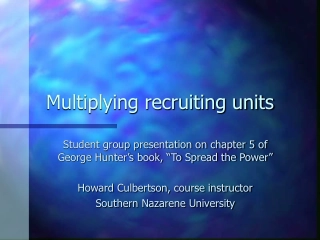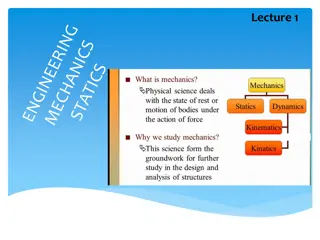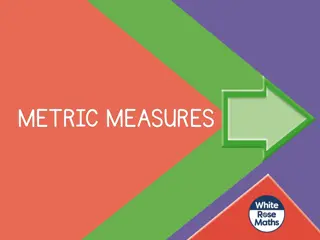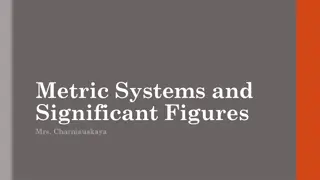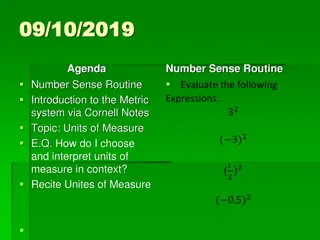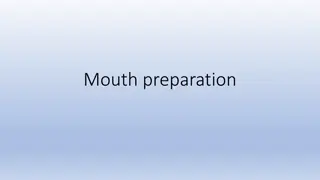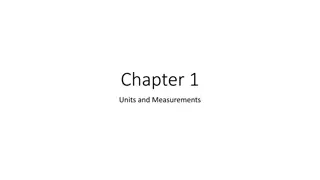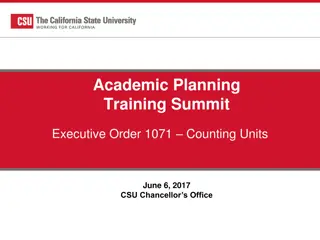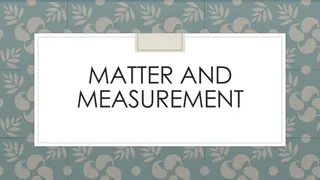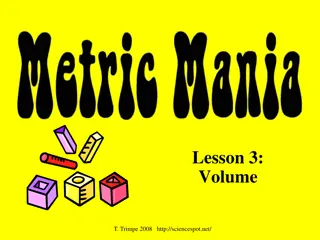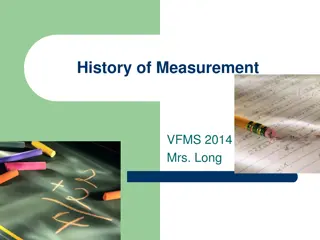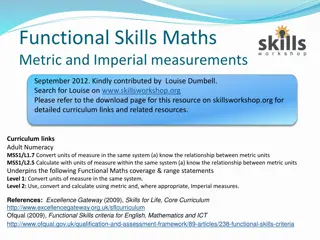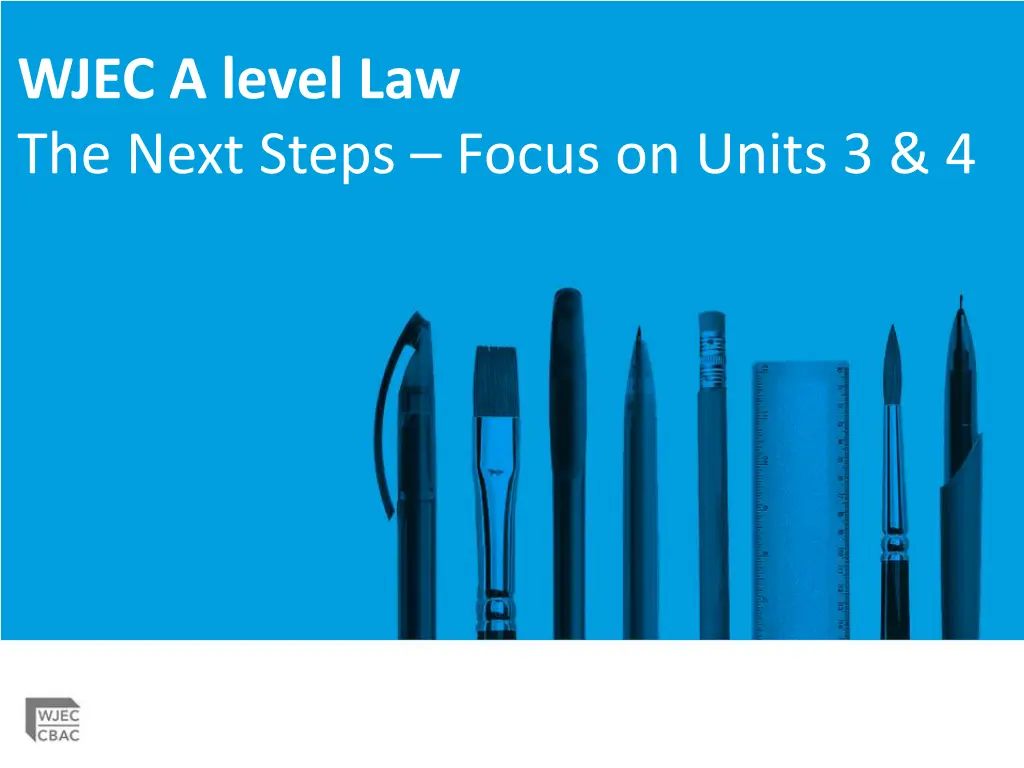
A Level Law Exam Preparation: Units 3 & 4 Guidelines & Tips
Get ready for your A Level Law exams with comprehensive guidelines for Units 3 & 4. Understand exam structures, scenario questions, essay guidelines, and scoring criteria to excel in your substantive law assessments.
Download Presentation

Please find below an Image/Link to download the presentation.
The content on the website is provided AS IS for your information and personal use only. It may not be sold, licensed, or shared on other websites without obtaining consent from the author. If you encounter any issues during the download, it is possible that the publisher has removed the file from their server.
You are allowed to download the files provided on this website for personal or commercial use, subject to the condition that they are used lawfully. All files are the property of their respective owners.
The content on the website is provided AS IS for your information and personal use only. It may not be sold, licensed, or shared on other websites without obtaining consent from the author.
E N D
Presentation Transcript
WJEC A level Law The Next Steps Focus on Units 3 & 4 WJEC AS level Law First series England 2017-18 Preparing to teach Units 1 & 2
Unit 3: The Practice of Substantive Law Written examination: 1 hour 45 minutes 30% of qualification One scenario based question from two different sections: Human Rights Law Law of Contract Criminal Law Assessing AO1: Demonstrate knowledge and understanding of legal rules and principles (20 marks maximum) Assessing AO2: Apply legal rules and principles to given scenarios in order to present a legal argument using appropriate legal terminology (30 marks maximum)
Unit 3 Scenario Questions Each paragraph should focus on the facts of the scenario, candidates are advised to approach their answer line by line Application should be sustained throughout the answer Candidates should include names and facts from the scenario in their answers, remember they are acting as a lawyer here and should state the law and apply to given facts, with legal authority to support Candidates who purely state the law and do not apply it to the scenario cannot access the higher marks bands within A02 High scoring answers will thoroughly apply the law to the given scenario with relevant legal authority / citation to support
Unit 4 : Substantive Law Perspectives Written examination: 2 hours 30% of qualification One essay question from two different sections, selected from: Human Rights Law Law of Contract Criminal Law Assessing AO1: Demonstrate knowledge and understanding of legal rules and principles (20 marks maximum) Assessing AO3: Analyse and evaluate legal rules, principles, concepts and issues (30 marks maximum)
Unit 4 Essay questions The essay section is often the one that OFTEN serves to differentiate between candidates. High scoring essays will contain well supported lines of debate. It needs to be clearly structured with an introduction focused on the specifics of the question and a conclusion that sums up the argument/s. Candidates should practice writing introductions and conclusions to essay questions.
Unit 4 Essay questions The main body of the essay. Each paragraph should focus on the question, it should make a claim, support the claim with evidence evaluate the claim and then return to the claim. Evaluation should be sustained throughout the essay positive or negative. Use of evaluative words such as however, but, on the other hand, this is supported by, will help to ensure the candidate stays on track. If evaluation is juxtaposed or tacked on at the end candidates will not be able to access top mark bands.
Unit 4 Essay questions Access to the top mark band in these questions depends upon accurate and relevant reasons plus supporting evidence. The reasons should be clearly explained with the supporting evidence and examples used to validate the reasons offered. It would be wise to think in terms of at least 3 / 4 reasons as this allows sufficient scope for the communication of detailed knowledge and understanding. The evidence and examples used must be appropriate to each reason. There should be a clear explanation of what the evidence shows in relation to the issue under question.
Ensuring success in all questions Make sure candidates are aware of the skill demands of each question Take some time to plan answers carefully and logically Stay focussed on the question in hand Work with candidates on producing quality evaluation of evidence and theory
Ensuring success in all questions Students must have a clear understanding of the success criteria. Centres could utilise AfL strategies to facilitate this. They need to have a clear understanding of what the question/ scenario demands. Their answers must be focussed on this. So if they are asked to evaluate / apply they must do so.
Key areas of concern: Opportunity for discussion What do you feel are the key challenges within your own centres? What particular skills should centres be encouraging in their candidates? How can teaching time be allocated to cover both skills and content?
For further information, please contact the subject officer at the WJEC: Joanna Lewis 02920 265 167 GCELaw@wjec.co.uk Christopher Barfoot 02920 265 094 GCELaw@wjec.co.uk


